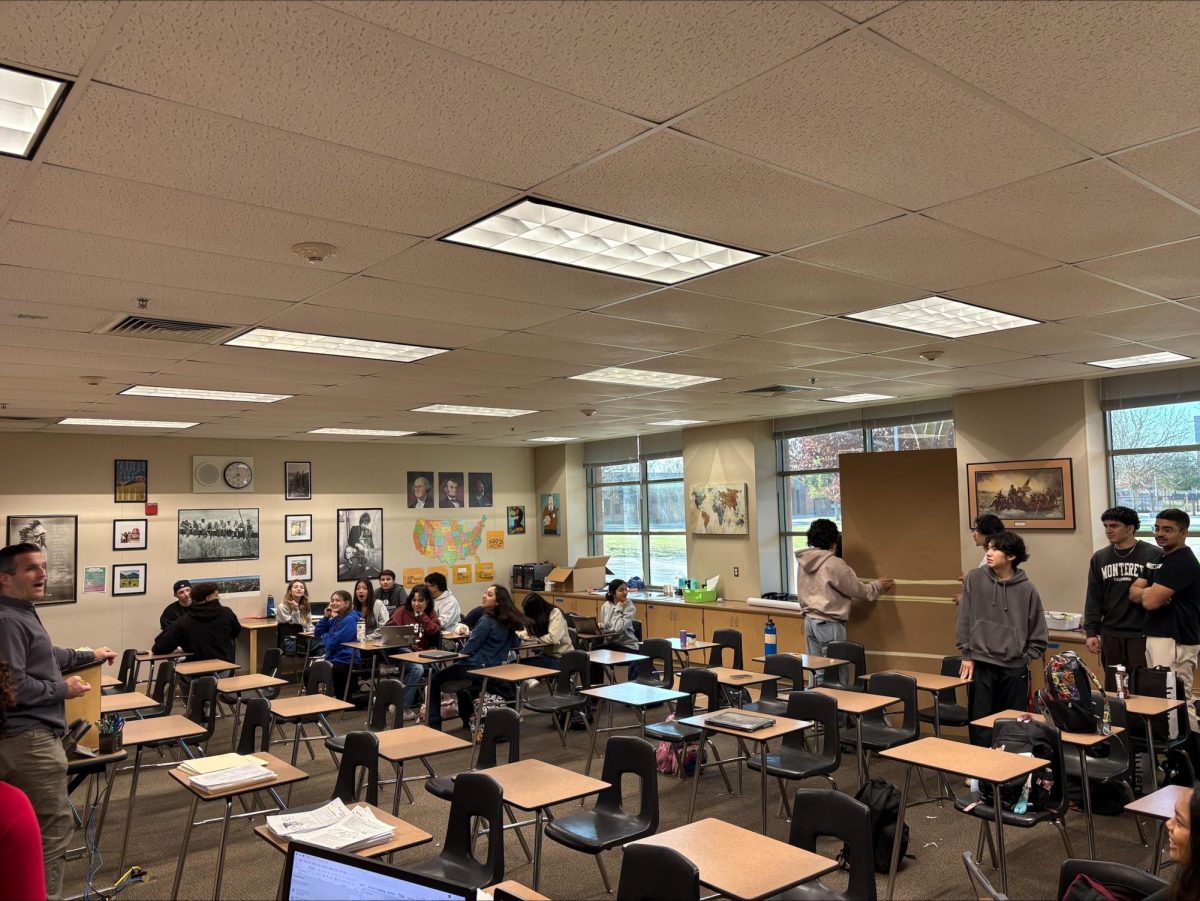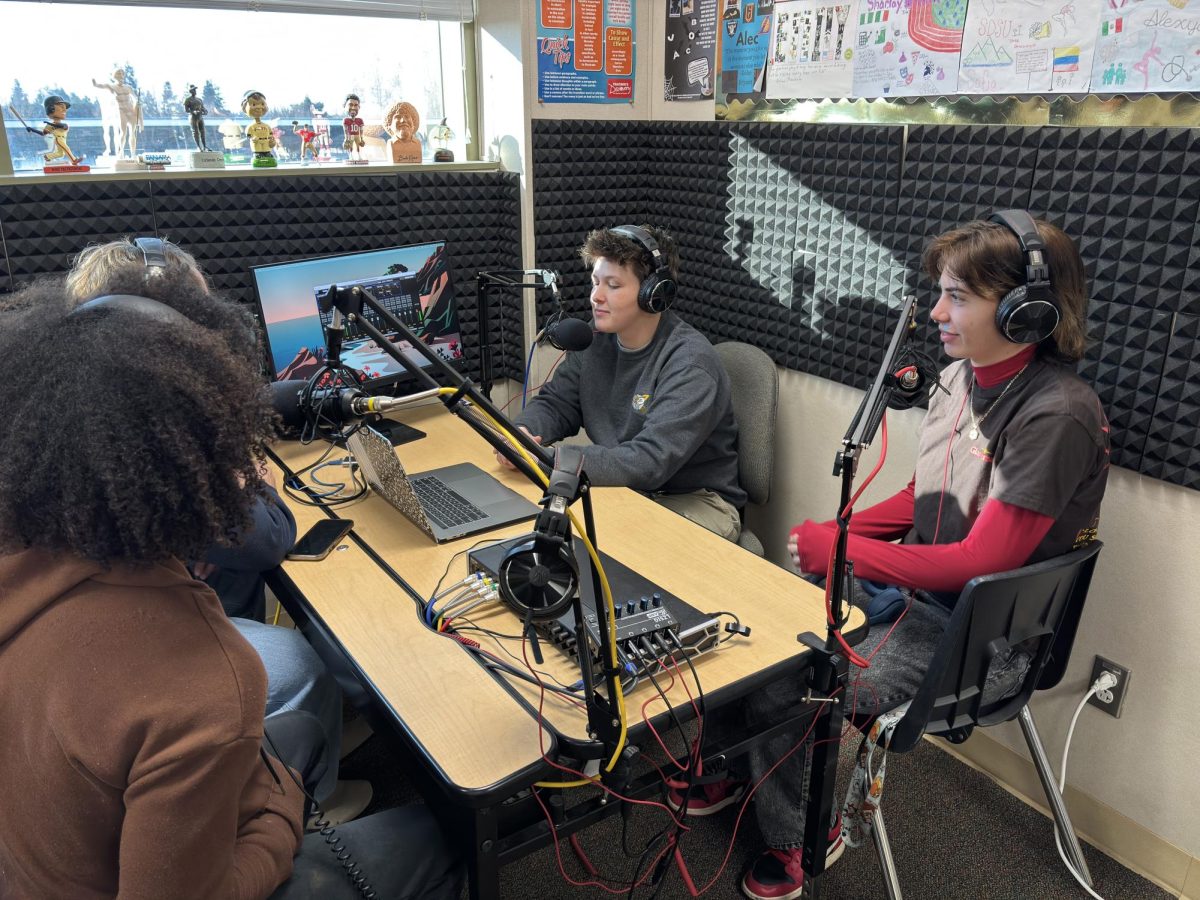As of 2023, the fastest growing social media platform, TikTok, has released their monthly screen time statistics, showing that the average user under 18 spends an hour and a half a day (95 minutes) on the app. All users average opening the app eight times throughout the day and currently have an active 80 million users in the United States. Formerly known as Musical.ly, TikTok has become a social media giant with one of if not the largest internet influences in the world. Despite nearly everyone around you having the app on their phone, a lot of people are unaware as to the amount of time they dedicate to the app. The reality of TikTok is that the app is designed to keep people scrolling along with other media apps, and a large portion of the users are unfortunately unaware of these realities.
The daily screen time average has changed drastically since TikTok was first introduced. Looking at the screen time changes since 2019, which was a few years after the app’s release, it was an average of 27 minutes daily, which was already a long time to be on an app for a single day. By 2022 it would double and reach 52 minutes daily for only adults, and that would be doubled at around 100 minutes daily for children under age 18. As of October 2023, adults average 58 minutes of screen time and children under age 18 average 95-113 minutes daily. Being almost two hours a day of screen time for minors, this not only sounds bad but has proven to have very negative effects on children’s mental health. According to the APA (American Psychological Association), “Between the ages of 10 and 12, changes in the brain make social rewards…[and] start to feel a lot more satisfying”. So, social validation for teens becomes very valued and social media is the perfect breeding ground for that. Getting likes or follows or even just posting a comment can be addicting as it leaves teens chasing for that validation. Not only is the validation a big issue as it keeps users active, but so does the formula of apps like Instagram or TikTok.
TikTok, Instagram, and other social media apps all have formulated algorithms that keep users scrolling. The algorithms of these apps are very simple, the apps just have a way of sorting the posts based off of making cookies on your personal site data. The forms of data collected vary from your search history, past liked content, and even the things you purchase online. The algorithms of these apps then take that data and store it to suggest posts that cater to your interests and, therefore, keep you scrolling. The data then stores more data based off the posts you like and interact with and therefore keeps the posts relevant to your interests. This loop of social validation and suggesting the right things gives teens a false sense of accomplishment, which can be very dangerous and confusing for teens. However, the apps are a choice and the terms of service and agreement do talk about storing personal information. So, maybe don’t go and delete all media apps on your phone because you think you are being spied on, just be more conscious about your online media usage.








